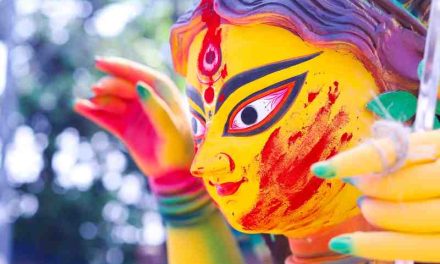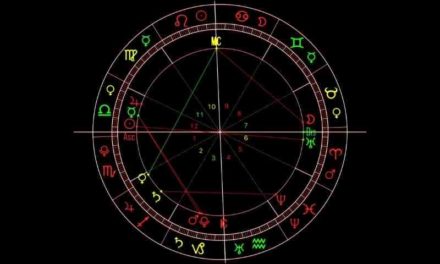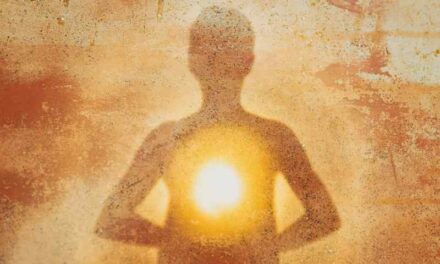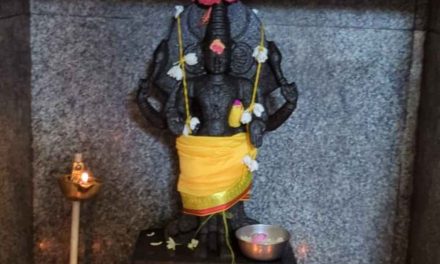A huge amount of manual force is left unused after the state of Self Realisation since nothing surprising occurs beyond that time. This provides us with a limitless amount of socially acceptable freedom, which is referred to as Moksha.
What exactly is the polar opposite of Moksha? What is the polar opposite of Self Realisation, awareness, Atman, and so on?
The grammatical standards for scriptures are different from those for other writings. According to the scriptures, a sentence is a set of words whose meaning is determined by the meaning of all other sentences in that particular scripture.
We cannot comprehend a text until we grasp the significance of each and every syllable included inside it. We merely wind up knowing the precise meaning of every statement and have no clue what the author was trying to convey.
Mukti’s are classified into many categories, including Sayujya (described above), Salokya, Saarsti, Saamipya, and Saarupya. They are enjoyed in Parah-vyom, or the spiritual sky, where there are limitless lokas of God‘s three forms (Vishnu, Devi, and Shiv) to be explored.
As opposed to Sayujya moksha, these muktis are marked by love and respect, which distinguishes them as higher. When compared to the happiness of kaivalya (oneness), which is ek-ras, or continuous, the bliss of Dvaita-moksha is expanding with each passing second. Both, on the other hand, are almost limitless in number.
There is one more emancipated situation that exists above and beyond them. It is the pinnacle of human achievement in this world. That of Premanand, to be precise.
Prema has four bhaaos, or romantic partnerships, to her name once again.
Dasya (servant), Sakhya (friendship), Vaatsalya (parental), and Maadhurya are some of the characters in the novel (conjugal).
The premi receives happiness that is equivalent to 1×1017 Brahmanandas in a number of occurrences. What is one to say about someone who has the devotional feeling of a maadhurya towards Sri Krishna, then?
The maidservant of Sri Radha, on the other hand, is the most important of them all. There is nothing more significant than this. Despite being publicly announced by the Rasiks of Vrndavan, this is the greatest of all secrets, and it is only acknowledged by a select few.
What are the signs of Moksha?
- A person who has gained Moksha would have no interest in earning money or acquiring material possessions.
- There will be no attachment to the illusory things of the senses, which emerges in the minds of individuals who are unaware of their true nature.
- There will be no cravings, and as a result, there will be no chasing after material wealth.
- The notion of ownership, i.e., “This is mine,” will be eliminated.
- An enlightened individual will refrain from engaging in amorous sports, as well as from feeling desire and passion for the other gender.
- Whatever the circumstances, a developed person will not get joyful or furious, regardless of whether they have been feted and fed or taunted and tortured by others.
- No matter how flattering or critical you are, he will be uninterested.
- His behavior will be consistent with that of a witness toward all occurrences and events.
- Death, no matter how impending, will not be a source of fear for him.
One method for achieving moksha is yoga, which is really the most trustworthy and old way, as you have heard all great sages have obtained moksha by this road. Unlike Western fitness courses, Hindu yoga is focused on the mind rather than the body, as you have heard.
Some schools of thought require individuals to accomplish this by concentrating on a certain deity, such as lord Krishna, lord Ram, or goddess Durga, while others do not. Other religions do not believe in a personal creator deity, but rather in an impersonal creative force, and hence concentrating on a single god is actually detrimental in these circumstances.
There will be as many roads to moksha as there are Hindu religions, which means there are as many ways to achieve liberation. If there were a single path that could be simply defined and consistently effective, there would be considerably fewer Hindu traditions to choose from. The alternative is for Hindus to do what other religious people do not: they must follow their convictions while maintaining their confidence that they are on the right road.





